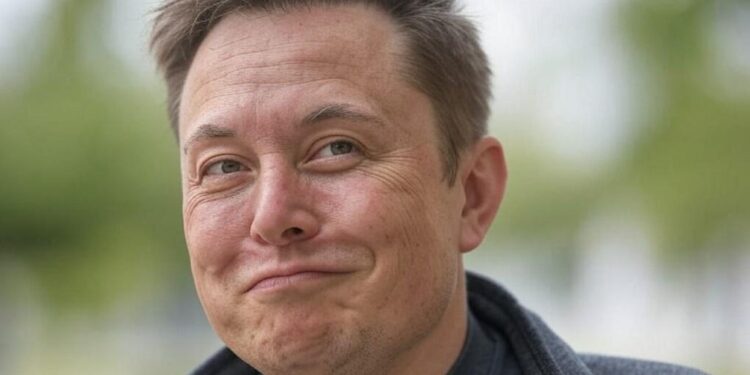Elon Musk is once again trending—this time for playing the victim card over South Africa’s economic equity laws. The billionaire tech mogul took to X to accuse the South African government of denying his company, Starlink, a license to operate because he’s not Black. Musk called it “a disgrace to Nelson Mandela’s legacy.”

But while Musk claims to be facing discrimination, many are pointing to the irony of the statement coming from someone who grew up during apartheid—a time when South Africa legally oppressed its Black majority in favor of its white minority.
Born in Pretoria in 1971, Musk spent his early years benefiting from a system designed to exclude Black South Africans from basic rights, including quality education, property ownership, and job access. His family lived comfortably during the apartheid regime, and reports have long circulated that his father, Errol Musk, owned shares in an emerald mine—a claim Elon has disputed but that many critics still highlight.
Musk’s tweet says that South Africa has passed over 140 laws that “discriminate” against non-Black citizens. But in reality, many of those policies are part of post-apartheid economic reforms intended to correct decades of inequality. Programs like Black Economic Empowerment (BEE) were designed to increase access for Black South Africans who were systematically excluded from opportunities for generations.
So when Elon Musk—now one of the richest men on the planet—frames these reparative policies as racism, it hits a nerve for many who remember who actually held the power during apartheid. These policies may prevent companies like his from securing deals without diverse partnerships, but they’re aimed at rebalancing a society still healing from its past.
What’s more, Musk invoking Nelson Mandela to support his argument raised eyebrows. Mandela spent 27 years in prison fighting the very system that once benefited Musk’s own community. To some, using Mandela’s name in this context feels like a stretch at best—and offensive at worst.
As Musk continues to expand Starlink around the globe, South Africa remains one of the few countries holding firm on requiring local empowerment in tech licensing. Whether Musk sees it as fair or not, the conversation is reigniting a much bigger debate about who gets to claim oppression in a post-apartheid world.



